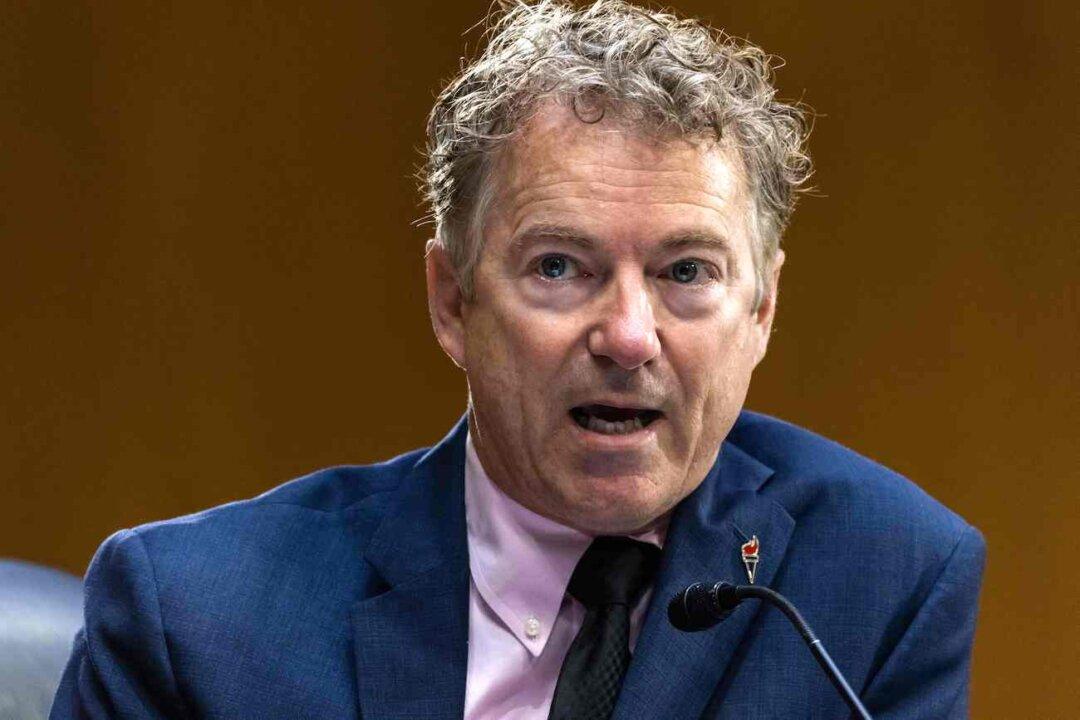The National Institutes of Health (NIH) would be divided into three separate operational divisions with presidentially appointed leaders serving time-limited terms under legislation (pdf) that was introduced in Congress by Sen. Rand Paul (R-Ky.) and Rep. Chip Roy (R-Texas).
The proposed NIH Reform Act would divide NIH’s current National Institute of Allergy and Infectious Diseases (NIAID), which Dr. Anthony Fauci managed for more than 38 years—longer than J. Edgar Hoover oversaw the FBI—by creating three new, separate institutes, one for allergic diseases, a second for infectious diseases, and a third for immunological diseases.





